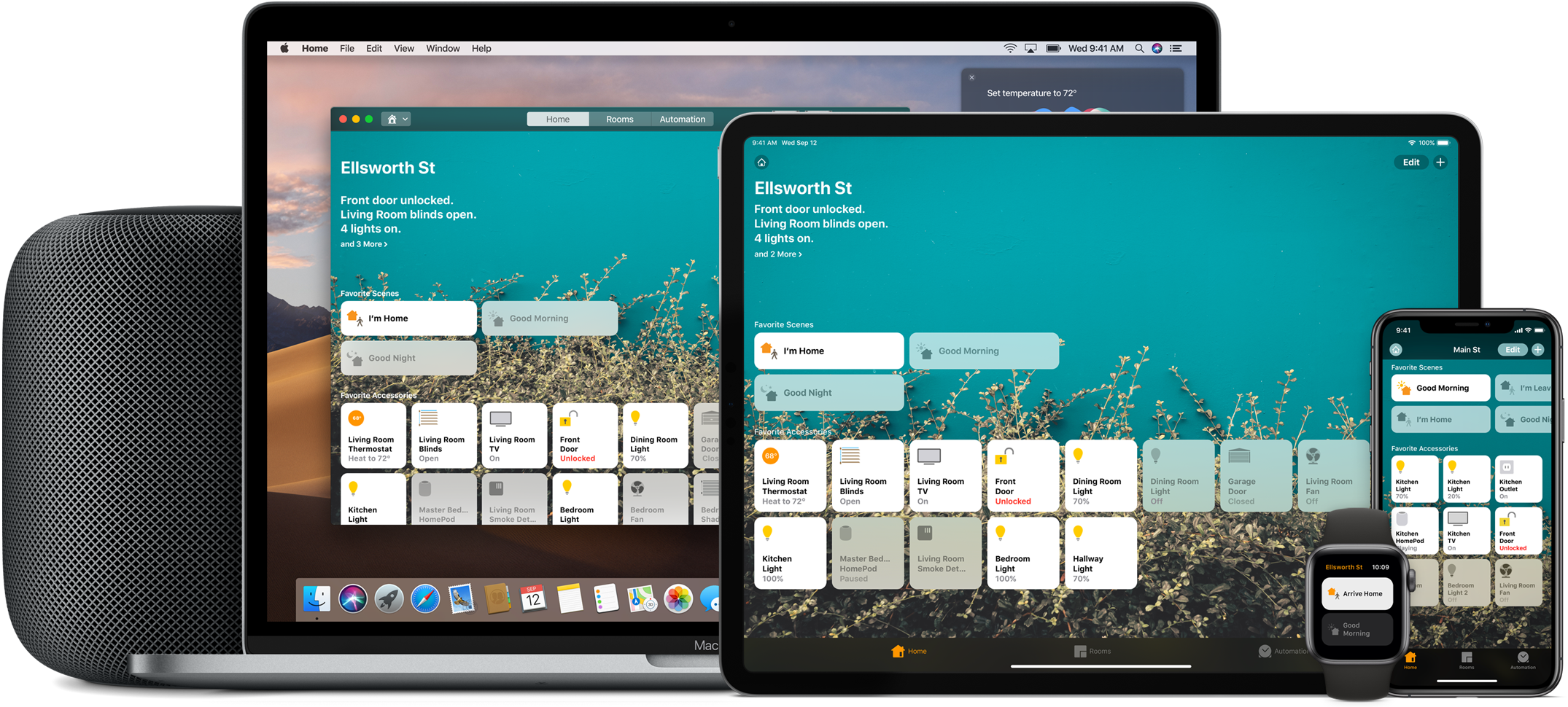
Apple has released an open-source version of its HomeKit Accessory Development Kit (ADK), following news that it is joining a new industry effort to create an open standard for smart home devices.

On Wednesday, Apple, Amazon, Google, and the Zigbee Alliance announced the formation of a new working group that plans to develop and promote the adoption of a new IP-based connectivity standard for smart home products, with a focus on increased compatibility, security, and simplified development for manufacturers.
In a news post on its developer website, Apple said the release of the open-source HomeKit ADK is designed to accelerate development of the new universal smart home standard:
The release of the ADK means anyone can start developing non-commercial smart home accessories and even build HomeKit devices for their own home, while accessory manufacturers can use it to test products before officially joining the HomeKit MFi program, which can be a time-consuming process, not to mention an expensive undertaking.To accelerate the development of the new universal standard, Apple is open-sourcing portions of its HomeKit Accessory Development Kit (ADK). HomeKit has grown to become the most extensive, powerful and secure smart home platform available on more than a billion iOS and iPadOS devices. Built from the ground up to protect customer data, HomeKit and the Home app use innovative privacy technologies and techniques to help minimize the amount of data anyone -- including Apple -- can access as well as powerful security features that protect personal information. By open-sourcing its HomeKit technology, Apple will be helping to jump-start the initiative and ultimately deliver an even better experience to customers.
Apple says it will contribute its HomeKit Accessory Protocol to the new consortium, and noted that anyone planning to sell HomeKit-compatible accessories must use the commercial version of the kit supplied by the Apple MFi program. The company also confirmed that existing HomeKit accessories will remain compatible with the new protocol when it's eventually released.
To access the HomeKit Open Source ADK, visit www.github.com/apple/HomeKitADK.
Article Link: Apple Publishes Open-Source Version of HomeKit Accessory Development Kit

